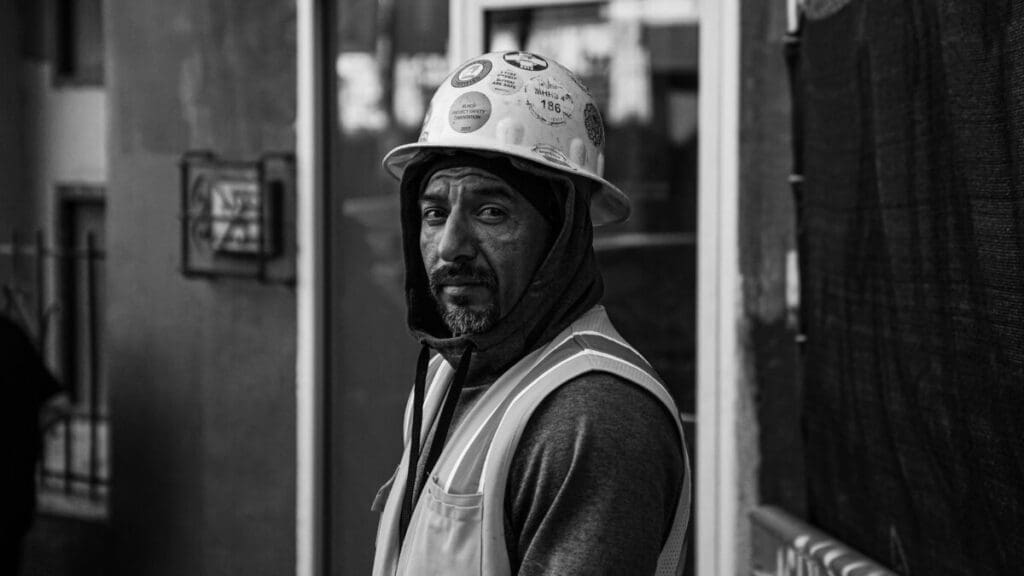
When a strong earthquake shocked Cebu recently, many rushed to the streets, gripped by fear of collapsing walls and aftershocks. But as the shake subsided, reports surfaced that some business process outsourcing (BPO) companies instructed their employees to return to their workstations almost immediately. For workers, it was a huge demand, between the law’s promise of safety and an employer’s insistence on productivity, where should their loyalty lie?
The Right to Safety

Philippine law is not silent on what employers should do in moments of crisis. Republic Act No. 11058, known as the Occupational Safety and Health Standards Law, requires employers to ensure that workplaces are free from hazards that can cause death or serious physical harm. The law also gives employees the right to refuse unsafe work when there is an “imminent danger” to their health or life.
During disasters, the Department of Labor and Employment (DOLE) further reminds companies to prioritize employee welfare. Under the Labor Code, work may be suspended when calamities strike. The Code recognizes that safety comes before profits, and that workers cannot be punished for refusing to return to a place where danger is clear and present.
A Clash Between Policy and Practice

Despite these legal safeguards, the accounts from Cebu tell a more complicated story. Some BPO employees reported being instructed to go back inside their buildings before engineers or safety officers could confirm structural soundness. Others claimed they faced threats of disciplinary action if they refused to resume their shifts.
This clash between legal protections and actual practice is not new. In past earthquakes across the country, similar complaints arose, with call center workers describing evacuation drills cut short or managers prioritizing service-level agreements with foreign clients over the physical safety of their Filipino staff.
The Employer’s Liability

The law is clear, forcing employees to work in conditions that could endanger them carries consequences. Under RA 11058, companies may face administrative penalties for violations, including fines for each day hazards remain unaddressed. If harm occurs, liability could extend further, opening the door to labor complaints, civil damages, or even criminal liability in extreme cases.
DOLE has the authority to inspect workplaces, issue compliance orders, and even suspend operations if hazards persist. In principle, this oversight acts as a safeguard, but in practice, inspections often rely on worker complaints, something not every employee is confident enough to file, fearing retaliation or job loss.
Between Pay and Protection

Another layer to this dilemma is economic. The Labor Code follows the “no work, no pay” principle when work is suspended due to natural calamities. Unless a company has a collective bargaining agreement, internal policy, or tradition of paying during work suspensions, employees lose income when they choose not to report. For many workers supporting families, this financial pressure creates a cruel paradox, risking their safety or risk going hungry.
Closing the Gap

What the Cebu quake has exposed is not a lack of laws but a gap between policy and enforcement. Safety protocols may exist on paper, but if they are not respected when the ground trembles, workers are left vulnerable. Strengthening oversight, mandating building inspections before operations resume, and raising awareness among workers about their right to refuse unsafe work are crucial steps in closing this gap.
Employers, too, must recognize that productivity cannot come at the cost of human lives. In an industry as vital as the BPO sector, which powers much of the Philippine economy, true resilience will only be possible if worker safety is treated as non-negotiable.
Earthquakes in the Philippines are inevitable, the country sits along the Pacific “Ring of Fire.” But each tremor becomes a test, not just of infrastructure, but of how faithfully the law protects the people who keep the economy alive. The recent reports from Cebu serve as a reminder that when the ground shakes, workers’ rights should not.

